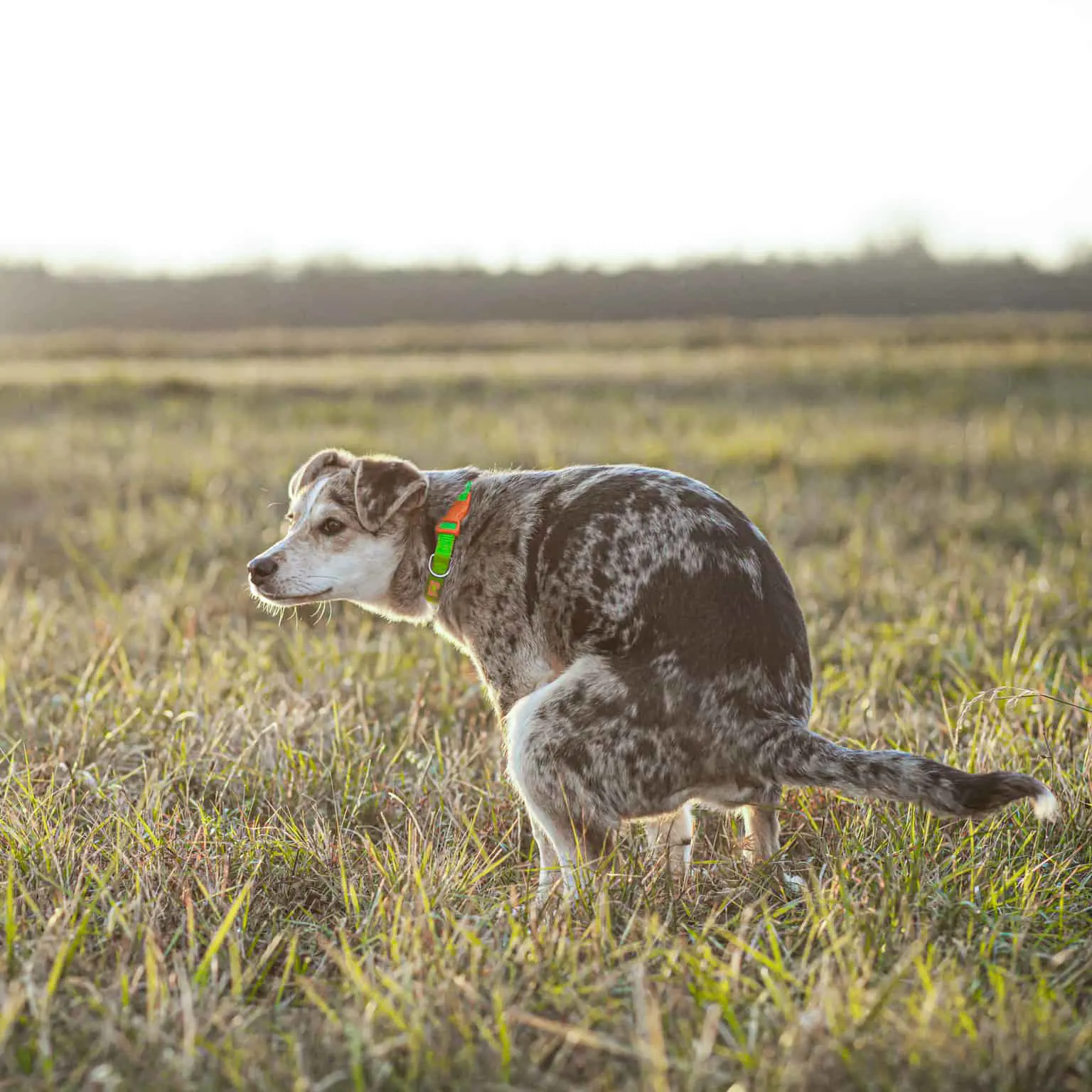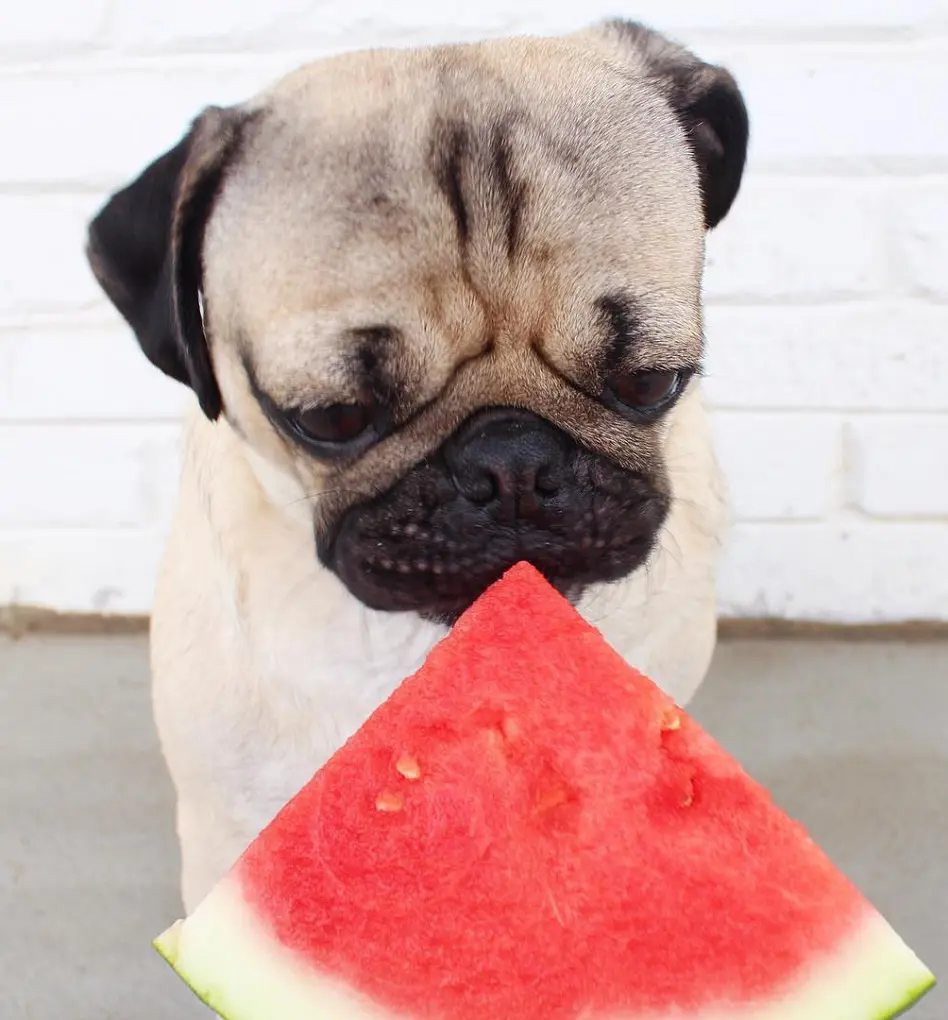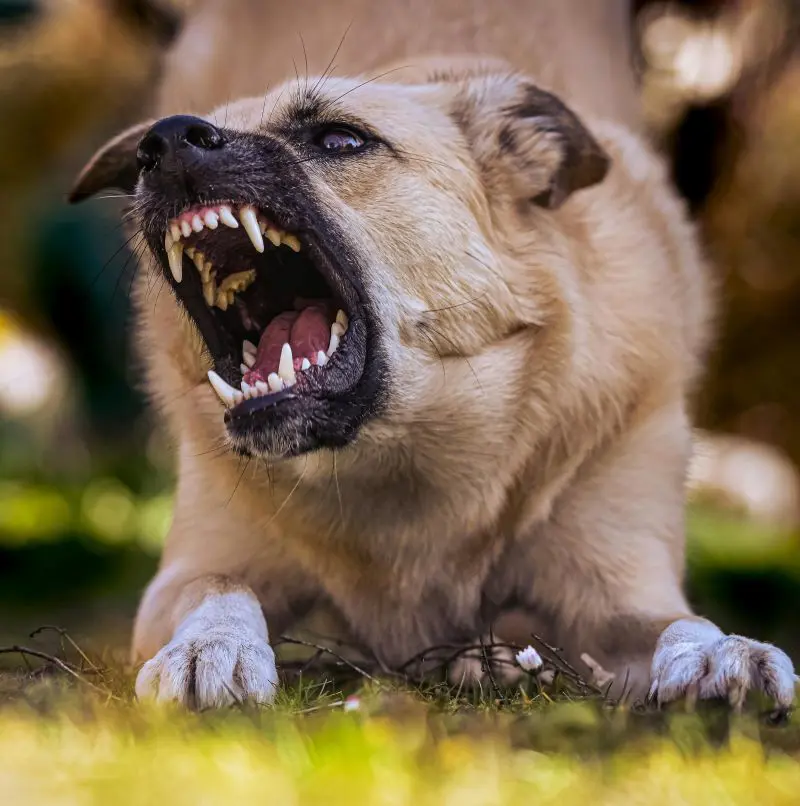Yorkshire Terrier Dog Breed Profile Information

Yorkshire Terriers are undoubtedly one of the most adorable and captivating dog breeds. With their silky, flowing coats, big expressive eyes, and hostile personalities, these tiny pups have stolen the hearts of dog lovers worldwide.
Despite their delicate appearance, these little dogs have the spirit of a true terrier. They are determined, brave, and very loyal. In addition, this profile delves into the captivating world of Yorkies, exploring their unique characteristics, care requirements, and why they continue to be one of the most beloved dog breeds.
History Of The Yorkshire Terrier
The Yorkshire Terrier, often called the Yorkie, has a rich history dating back to the 19th century in Yorkshire, England. Its origins are linked to small Scottish terriers brought to England by workers during the Industrial Revolution.
These early Yorkies, initially known as Broken-Haired Scotch Terriers or Toy Terriers, were used to catch rats in mines and mills. In 1874, the breed was officially named the Yorkshire Terrier, and its distinctive steel-blue and gold coat color developed as the dogs aged from their black and tan puppy coats.
A significant figure in the breed's history is Huddersfield Ben, born in 1865, whose lineage is present in almost all modern Yorkies. The breed gained popularity in Victorian England and soon became a favorite among the American upper class in the 1870s.
Though their popularity declined in the 1940s, it surged again thanks to Smoky, a Yorkie who served in World War II and became the first documented therapy dog. Today, Yorkshire Terriers are cherished for their bold personalities, affectionate nature, and unique appearance.
Physical Characteristics

It's essential to appreciate the charming physical characteristics of these adorable, small Yorkies. So, without further ado, let's dive in and explore their delightful traits.
Size and Weight
Yorkshire Terriers are a small dog breed, typically weighing between 4 to 7 pounds and standing 7 to 8 inches tall. Some Yorkies can be smaller or larger due to genetics, ranging from 2.5 to 12 pounds.
Dogs over 10 pounds are usually considered overweight. Teacup Yorkies, weighing under 4 pounds, are also available but have higher health risks because of their tiny size. Regardless of size, a healthy Yorkie should look balanced and proportional, without being too fat or too thin.
Coat and Colors
Yorkshire Terriers are known for their distinctive and beautiful coats. Puppies start with a black and tan coat, but as they grow, their coloring changes beautifully. The black fur gradually lightens to a steel-blue shade, while the tan areas can deepen into a rich, golden hue.
This color change is a hallmark of the breed and can continue well into the dog's adult life. Yorkies have a silky, straight coat that requires regular grooming to maintain its luster and prevent tangles.
While the AKC recognizes four standard color combinations - black and tan, black and gold, blue and tan, and blue and gold, some Yorkies may also display rare variations like chocolate or parti-colored coats.
Regardless of the specific coloring, the Yorkie's luxurious and ever-changing coat is a key part of its charming appearance.
Facial Features
Yorkies have a small head with a medium-sized muzzle and dark, sparkling eyes that exude intelligence and curiosity. Their ears are small, V-shaped, and stand erect, giving them an alert and perky expression.
Temperament And Personality

Yorkshire Terriers are known for their bold and confident personalities. Despite their small size, they often think of themselves as much larger dogs. Here are some key features that define the Yorkie’s temperament:
Affectionate and Loyal
Yorkies form strong bonds with their owners and love to be part of family activities. They are affectionate and enjoy cuddling, often seeking attention and companionship from their favorite humans.
Energetic and Playful
They are lively and enjoy playtime. They are always up for a game of fetch or a brisk walk, and their playful nature makes them great companions for children and adults alike.
Intelligent and Curious
Highly intelligent, Yorkies are quick learners and respond well to positive reinforcement training methods. Their curious nature means they enjoy exploring their surroundings and can sometimes get into mischief if not properly supervised.
Protective and Bold
Despite their diminutive size, Yorkies are fearless and protective of their homes and families. They make excellent watchdogs, often alerting their owners to any unusual sounds or intruders with their sharp bark.
Health And Lifespan
Below, you'll find information about the health and lifespan of Yorkies. This knowledge will help you keep your dog healthy and happy.
Common Health Issues
Despite their small size, they are generally a healthy breed. However, like any dog, they can be prone to certain health conditions that owners should be aware of. Here are some of the most common health issues in Yorkshire Terriers:
1. Portosystemic Shunt (PSS)
Portosystemic shunt is a congenital condition where blood bypasses the liver, leading to improper detoxification. It can cause stunted growth, lethargy, and neurological issues. Prompt veterinary attention is crucial if a Yorkie shows any concerning signs.
2. Respiratory Issues
Yorkshire Terriers are susceptible to respiratory problems, particularly tracheal collapse, where the windpipe weakens and narrows.
This can lead to coughing, wheezing, and breathing difficulties. Maintaining a healthy weight and using a harness instead of a collar can help reduce the risk.
3. Dental Disease
Dental disease is extremely common in Yorkies due to their small jaws and crowded teeth. This can lead to gum infections, tooth loss, and even damage to the heart and liver if left untreated. Daily teeth brushing and regular professional cleanings are essential.
4. Patellar Luxation
This is a hereditary condition where the kneecap can slip out of its normal position, causing pain and lameness. It ranges in severity, with mild cases managed with medication and more severe cases requiring surgery.
5. Hypoglycemia
Toy breeds like Yorkies are prone to low blood sugar levels, especially in puppies. This can cause weakness, disorientation, and tremors. Feeding small, frequent meals is important to prevent hypoglycemic episodes.
6. Liver Shunt
A liver shunt is an abnormal connection between blood vessels that allows toxins to bypass the liver. Symptoms include poor growth, disorientation, and seizures. Dietary changes and medication may be needed to manage this condition.
Therefore, to keep your Yorkshire healthy and fit, it is important to provide them with daily exercise, a balanced diet, and regular veterinary check-ups. Yorkies do well with apartment living, as long as they are walked regularly and given plenty of attention.
Lifespan
With proper care, Yorkshire Terriers typically live between 13 to 16 years. Regular veterinary check-ups, a balanced diet, and a healthy lifestyle can contribute to a long, happy life for your Yorkie.
Grooming And Care

Grooming and proper care are essential to keeping your Yorkshire looking attractive and clean. Here are some tips to help you:
Coat Maintenance
Yorkshire Terriers require regular grooming to keep their coats in top condition. Here are some grooming tips:
- Brushing: Brush your Yorkie’s coat daily to prevent tangles and matting. A pin brush and a metal comb are ideal tools for this task.
- Bathing: Bathe your Yorkie every three to four weeks using a gentle, dog-specific shampoo. Ensure you rinse thoroughly to avoid any residue that can irritate the skin.
- Trimming: Regular trimming of the coat, particularly around the face, ears, and paws, is necessary to maintain a neat appearance. Professional grooming every 6 to 8 weeks is recommended.
Dental Care
Due to their propensity for dental issues, it’s important to establish a regular dental care routine for your Yorkie. Brush their teeth several times a week with dog-specific toothpaste and provide dental chews to help maintain oral health.
Exercise Needs
They are active dogs and require regular exercise to keep them healthy and happy. Daily walks, playtime, and mental stimulation through training or puzzle toys will help satisfy their energy needs.
Feeding And Nutrition

A balanced diet is crucial for the overall health and well-being of your Yorkshire Terrier. High-quality commercial dog food formulated for small brees is generally recommended. Also, look for foods with high protein and essential nutrients to support their active lifestyle.
While delving into their feeding schedule, due to their small size and potential for hypoglycemia, Yorkies benefit from being fed small, frequent meals throughout the day. Divide their daily food intake into two to three meals to help maintain stable blood sugar levels.
Training And Socialization
It's important to make your Yorkie friendly, and you can do this by using positive training and regular socialization. This helps your Yorkie become a well-behaved and friendly dog that gets along with other pets and people.
Early Socialization
Socializing your Yorkie from a young age is essential to ensure they grow up to be well-adjusted adults. Expose them to various people, places, sounds, and experiences to help them develop confidence and reduce the likelihood of anxiety or fear-based behaviors.
Positive Reinforcement Training
Yorkshire Terriers respond best to positive reinforcement training methods. Use treats, praise, and play to reward good behavior and make training a fun and enjoyable experience for your Yorkie. Consistency and patience are key to successful training.
Living Conditions
Yorkshire Terriers are well-suited to apartment living due to their small size. However, they still require regular exercise and mental stimulation to prevent boredom and destructive behavior. They thrive in environments where they receive plenty of attention and interaction from their owners.
Yorkshire Terrier In Families
Yorkies can be wonderful family pets, but their small size makes them more suitable for families with older, gentle children who understand how to handle them properly. However, supervision is always recommended when young children and small dogs interact to prevent accidental injuries.
Moreover, these dogs generally get along well with other pets, especially if they are raised together from a young age. Yet, their bold and sometimes territorial nature means they should be introduced to new pets gradually and under supervision.
Adopting or Buying a Yorkshire Terrier
If you are interested in adding this cute and stunning dog to your family, you have a few options. You can look for Yorkies in need of a home at local animal shelters and breed-specific rescues.
Alternatively, you can purchase a Yorkie puppy from a reputable breeder, but be prepared to pay around $1,000 to $2, 000 or more, depending on factors such as bloodline.
Before making a decision, it is crucial to do thorough research and talk to other Yorkie owners, reputable breeders, and rescue groups to learn more, about the breed to ensure it's the right fit for your lifestyle.
Fun Facts
Here are some fun facts about the Yorkshire Terrier dog breed:
- Yorkies are called the "Tomboy Toy" due to their confident and courageous personality despite their small size.
- A Yorkie named Smoky is credited as the first therapy dog, visiting wounded soldiers in hospitals during World War II.
- They have a similar coat texture to human hair, which means they don't shed much but require daily brushing to prevent tangles.
- Yorkies were originally bred to catch rats in textile mills and mines in Yorkshire, England, which is how they got their name.
- Sylvia, a Yorkshire Terrier, was the smallest dog in recorded history when she died in 1945 at just 2.5 inches tall, 3.5 inches long, and 4 ounces.
- Audrey Hepburn helped popularize Yorkies as celebrity companions when her dog Mr. Famous joined her in the spotlight.
- Yorkie puppies are born with black and tan coats that gradually change to the breed's signature steel blue and gold colors as they mature.
- Yorkies are intelligent and energetic, making them excellent watchdogs, but they can be suspicious of strangers and prone to barking.
Recent posts
Dogs
Dog Poop Color Chart: How To Know Your Dog's Poo is Healthy
As strange as it might seem, your dog’s poop can reveal a lot about their overall health. By paying attention to the color, consistency, and frequency of your dog's stool, you can catch early warning signs of a wide range of health issues&mdash...
Is Watermelon Good For Dogs?
Watermelon can be a nutritious treat for dogs when given in moderation. Over 90% of the flesh is made up of water, which helps with hydration, especially in hot conditions. It also contains fiber for a healthy digestive system and important vitamins ...
Is Peppermint Oil Safe For Dogs? Benefits and Safety Tips
Essential oils are becoming famous among pet parents as they can be infused easily through the surface or by sniffing them in. Peppermint is an essential oil that has a good odor and various health advantages. The safety of this oil is a topic of con...
Dog Sleeping Positions And Their Meanings
The diverse sleeping dog positions of our furry companions unveil a fascinating tapestry of behaviors and emotions in the canine realm. From the classic Curler to the enigmatic Superman, each posture conveys a unique message about a dog's well-being ...
Why Is Your Dog Showing Aggression And How To Stop It
Dog aggression can be scary, but understanding the cause is the first step to solving it. Common reasons include fear, pain, or feeling threatened. It could also be due to anxiety from new individuals or canine friends, or even guarding food o...
The Lifespan of Dogs: What Every Pet Owner Should Know
Dogs are beloved companions, providing comfort, security, and joy to millions of households worldwide. One of the most common questions among dog owners and enthusiasts is, "How long do dogs live?" Understanding the lifespan of a dog involves conside...






